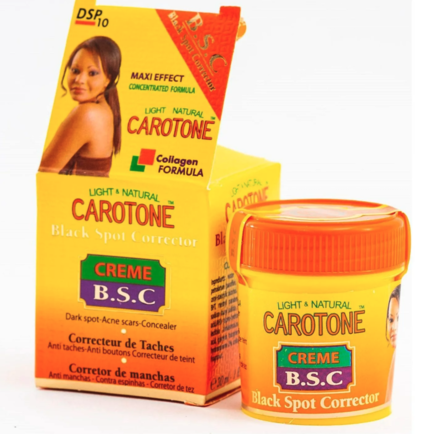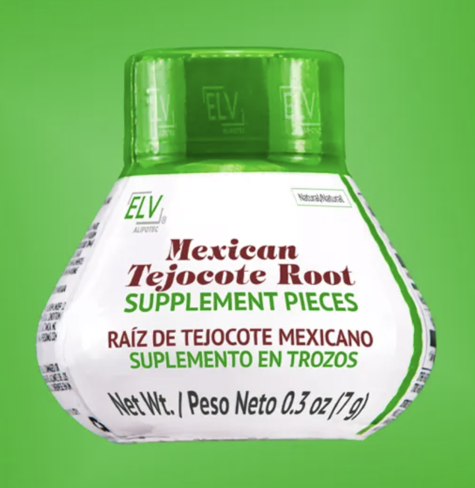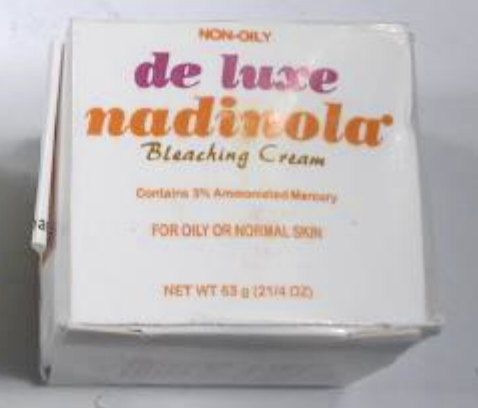Merchants are facing increasing scrutiny for selling nutraceuticals tainted with harmful ingredients, which are often undeclared on product labels. This poses a challenge to payment processors trying to keep their portfolios free of dangerous products and increases the risk of card network violations and reputational harm.
Keep reading to understand several factors that are contributing to increased scrutiny of tainted nutraceuticals, and see current examples of tainted products from LegitScript's monitoring work.

April 9, 2025 | by Erin Feebeck
Adulterated and Impermissible
The surging demand for natural medicines and pharmaceutical alternatives has driven the popularity of nutraceuticals. These are products that contain natural or food-based ingredients and are typically advertised to support the function of the body or maintain wellness. Despite marketing similar to medications, nutraceutical products are scrutinized much differently than pharmaceuticals and have been found to contain ingredients dangerous or even lethal to consumers.
Ongoing actions by the Food and Drug Administration (FDA) highlight continued concern around tainted nutraceuticals sold online. Tainted products contain undisclosed and often dangerous ingredients. These include products with hidden active pharmaceutical ingredients (APIs), poisonous substances, and toxic heavy metals.
LegitScript Tracks Known Harmful Products
LegitScript actively monitors online merchants for harmful products that have been subject to recent scrutiny by regulatory agencies around the world. Here are a few of our most recent finds and why they were found to be problematic:
 Hidden APIs
Hidden APIs
Product: Light & Natural Carotone Black Spot Corrector Creme B.S.C
This product, marketed as a skin lightener, was found to contain undeclared hydroquinone, an active pharmaceutical ingredient available only by prescription in the United States.
The FDA has advised using this product could cause skin discoloration, rashes, and face swelling. Many consumers and sellers may be unaware of these risks.
 Dangerous Herbals
Dangerous Herbals
Product: Mexican Tejocote Root Pieces
This product, marketed for weight loss, was found to contain undeclared yellow oleander. While traditionally used as a medicinal herb, yellow oleander has been found to be toxic to humans. The FDA has stated that ingesting products containing yellow oleander can lead to nausea, vomiting, dizziness, diarrhea, abdominal pain, cardiac changes, dysrhythmia, and more. The FDA has stated that yellow oleander should not be ingested under any circumstances.
 Toxic Heavy Metals
Toxic Heavy Metals
Product: Nadinola Bleaching Cream
Another skin lightening product, this cream was found to contain mercury, a toxic heavy metal. The FDA warns that using products containing mercury could result in damage to the eyes, lungs, and kidneys, and also cause harm to the digestive, immune, and nervous systems. It can result in skin rashes and discoloration, coma, and even death. While this product discloses the presence of ammoniated mercury, many other products found to contain heavy metals are considered “tainted” due to a lack of quality control. Heavy metals can include mercury, lead, and cadmium.
Are Tainted Supplements Becoming More Common?
Several factors may be contributing to continued attention on tainted nutraceuticals, both from regulators and industry stakeholders. Economic and supply chain issues have forced many manufacturers to switch to alternative suppliers. Some may be tempted to switch to lower-cost alternatives that carry greater risk of quality or safety issues. Additionally, the FDA made several moves in 2023 in an effort to make dietary supplement oversight a more critical priority. These moves include restructuring the Office of Dietary Supplement Programs (ODSP) so that it reports directly to the Office of Food Chemical Safety, Dietary Supplements, and Innovation (OFCSDSI), giving ODSP a more streamlined connection to the Deputy Commissioner, and launching the Dietary Supplement Ingredients Directory to help consumers stay informed about ingredients and other substances found in dietary supplements and what the FDA has said about them.
Research suggests that consumers may also be tempted to look for cheaper or more accessible alternatives to pharmaceuticals as products become more expensive. Unscrupulous businesses often exploit this demand by offering low-quality products or ones containing hidden APIs. Many nutraceuticals make health claims that can mislead consumers into believing they are as effective as regulated medications. Customers may also put more trust in products labeled as “natural,” thinking they are safer than drugs despite the lack of regulation.
Why Nutraceuticals Are a Challenging Vertical
The nutraceutical industry operates in a regulatory gray area, which can make defining nutraceuticals challenging. The term “nutraceutical“ combines “nutrition” and “pharmaceutical,” encompassing a wide range of products including supplements, vitamins, probiotics, and herbal medicines. In fact, there’s no consensus globally on what the term means exactly. That means that types of products included under the nutraceutical umbrella can vary by jurisdiction.
In the United States, nutraceuticals are regulated as dietary supplements, with the terms often used interchangeably. For these kinds of products, the FDA requires manufacturers to follow Current Good Manufacturing Practices (cGMPs) to keep their products safe. Because of differences in how jurisdictions define and oversee these products, nutraceuticals with problematic ingredients are often discovered after they have already been released to the public.
LegitScript Is the Leader in Nutraceutical Monitoring
LegitScript has the world's largest database of problematic dietary supplements, designer drugs, pharmaceuticals, and other healthcare products. And our team of regulatory experts proactively identifies and adds new products every day. We have more than 250,000 supplement and healthcare products listings with country-specific warnings and regulatory information.
With real-time intelligence at your fingertips, LegitScript Data Lookups streamline risk mitigation, helping your business operate with confidence and in compliance.

 Hidden APIs
Hidden APIs Dangerous Herbals
Dangerous Herbals Toxic Heavy Metals
Toxic Heavy Metals


